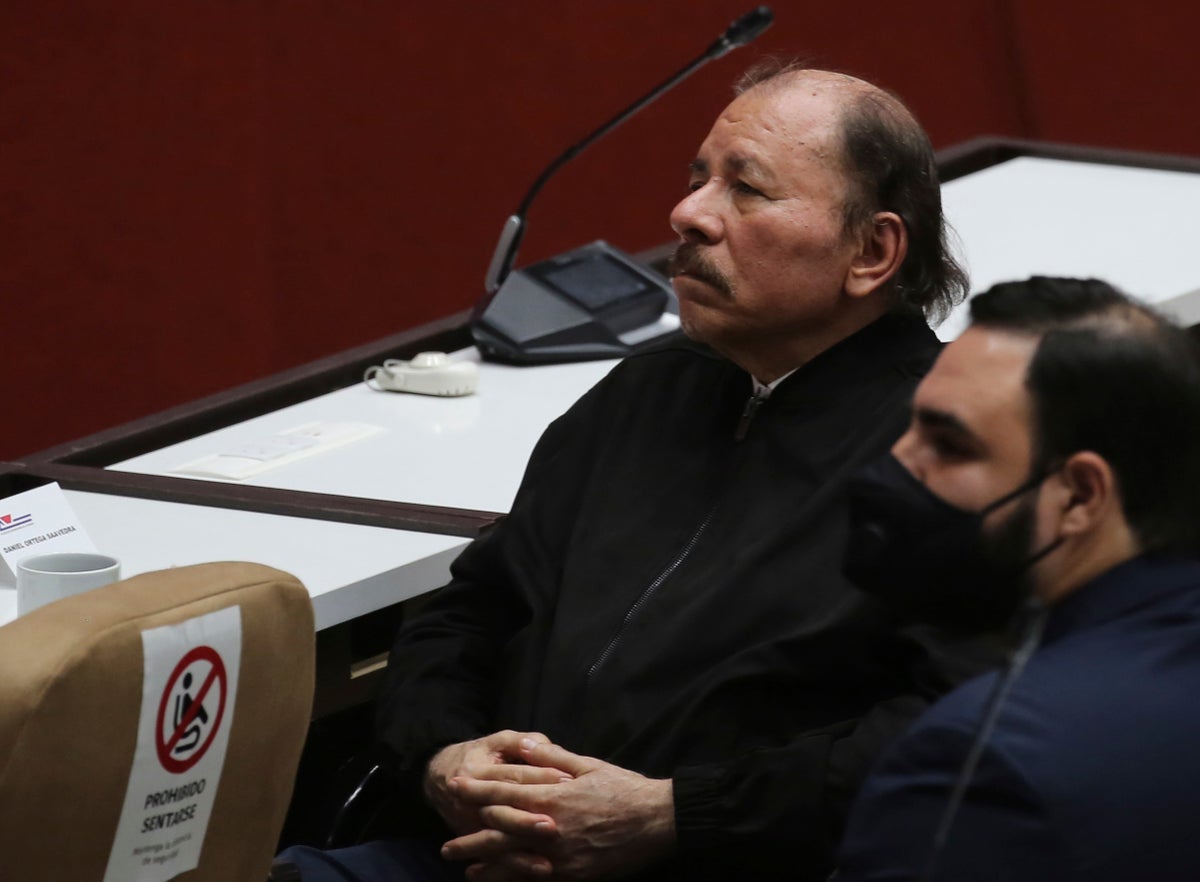
Nicaraguan authorities ordered the closure of six radio stations belonging to the Roman Catholic Church on Monday and surrounded one with riot police, church officials said.
Rev. Rolando Álvarez, the bishop of the northern province of Matagalpa, said during Mass that the he had received a letter from the tate telecommunications agency Telcor informing him of the closures.
Álvarez called the move “an injustice” and urged Telcor’s director to show the legality.
The bishop has been one of Nicaraguan President Daniel Ortega’s most outspoken critics in the church. He has called for the release of prisoners, including a number of political opposition leaders, and earlier this year went on a hunger strike to protest what he called “police persecution” against him.
Álvarez also said Monday that police had occupied the parish house in Sebaco, where one of the radio stations operated. Sebaco is about 65 miles north of Managua.
The Matagalpa diocese denounced the occupation in a statement. It said the parish priest, Rev. Uriel Vallejos, also a government critic, was inside the house.
“We want to make clear that if they touch one of our priests, they touch the entire Matagalpa diocese,” the statement said.
Vallejos called on the faithful to come to the parish house to protect him.
"I am being besieged; the police have broken the chapel’s locks to enter where the (radio) equipment is to take it,” he wrote. “The police are attacking the faithful who are inside the school (next door).”
The government did not comment publicly on the radio station closures. During recent months, Ortega’s government has closed more than 1,000 non-governmental groups.
In November, Ortega won a fourth consecutive term after locking his potential challengers in elections that foreign governments called a farce. The United States and European Union have imposed sanctions on members of his government and family members.
Ortega has maintained that huge street protests in 2018 were an attempt to forcibly remove him from office with international backing. His government has systematically pursued opposition figures and organizations viewed as critics.







